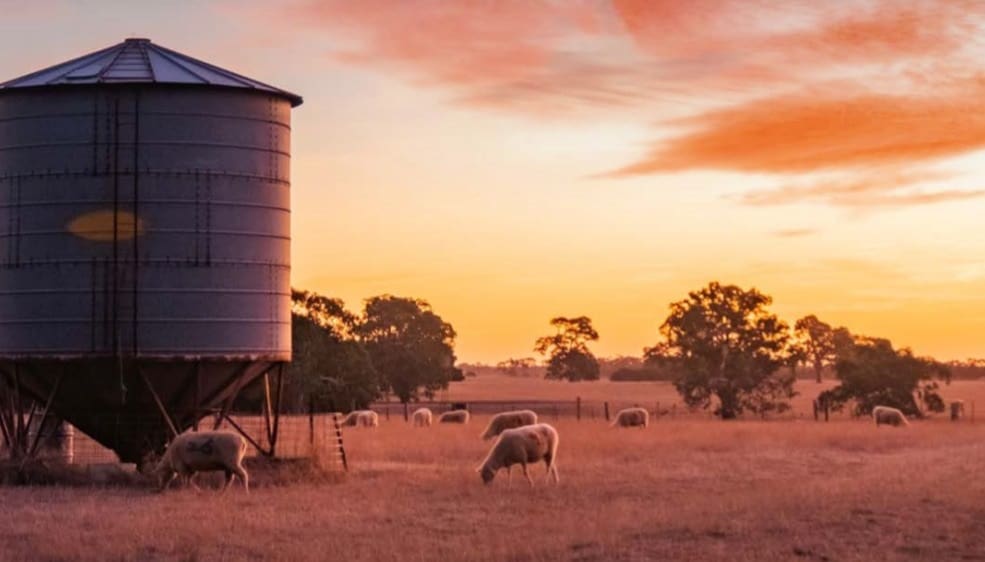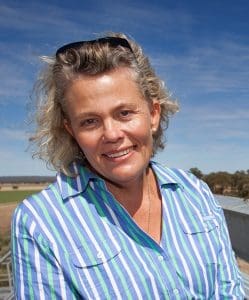
A FOCUS on a renaissance of regional manufacturing must form part of ‘regionalisation’, regional deals and the Federal Government’s plan for COVID-19 recovery, National Farmers Federation president Fiona Simson said yesterday.
In a National Press Club address, Ms Simson outlined the federation’s plan for agriculture to accelerate Australia’s COVID-19 economic recovery.
One of the plan’s 35 key recommendations was that manufacturing of critical farm inputs and processing of agrifood and fibre products be central to the government’s plans to stimulate Australian manufacturing in the aftermath of COVID-19.
Ms Simson said modern plants are more energy efficient, higher yielding and automated, but capital investment is required to keep these assets in Australia.
She said business needed incentives and support to combat unfair and targeted competition from overseas manufacturers and remain in Australia long-term, but this was not about subsidies.
“It’s about a genuine partnership between all levels of government and business to strengthen our supply chain, build communities and grow the economy in a competitive and market driven approach.”
Ms Simson said many Australian-owned, regionally based food factories were using out of date technology that is labour, water and energy intensive, but new automated technologies and smarter approaches to energy are emerging.
“But, an injection of public and private capital to fund the adoption of advanced technology is needed to put viable large-scale manufacturing within reach.”
The plan said a properly resourced plan to improve the competitive environment for local manufacturers – particularly in regional Australia – is needed.
Fast-track regional deals

NFF president Fiona Simson
The NFF’s Get Australia Growing plan recommendations include calls to:
– fast-track 20 new regional deals;
– reinvigorate regional manufacturing;
– create a $1 billion Biodiversity Stewardship Fund;
– slash red and green tape;
– fix the Murray Darling Basin Plan;
– get our regions digitally connected; and,
– help us get more people into jobs in agriculture.
Ms Simson said the opportunities the NFF presents have the capacity to provide a rapid boost to a farm sector recovering from drought, fires and flood, as well as the impacts of COVID-19.
“The outlined priorities are not new nor are they ground-breaking, but they are achievable and will genuinely stimulate new activity and employment in our sector.
“When farmers do well Australia does well. Regional Australia played a key role in staving off a recession during the GFC, and it can play a leading role again as we recover from COVID-19,” she said.
Ms Simson said COVID-19 restrictions have caused many businesses to think flexibly about how and where they operate.
“This shift in thinking from Australian businesses creates enormous opportunities for ‘regionalisation’ of the Australian economy.
“It’s an opportunity we must not squander,” Ms Simson said.
“For too long regional Australians have been the victims of empty promises and a lack of commitment from governments.
“Currently, fragmented sources of public and private investment have no coordinating strategy at the regional level.”
Ms Simson said the Commonwealth’s Regional Deals program has the potential to provide this co-ordination, but it must be more ambitious and collaborative.
“When done right, Regional Deals should be the overarching framework to align – across local government and state borders – transport, manufacturing, telecommunications, energy generation, education, labour, health, cultural, indigenous and social amenities.
“We set a challenge for the Government: get the design and delivery of Regional Deals right, and back it up with a multi-billion dollar investment in the fast-tracked delivery of 20 new Deals.”
Ms Simson said COVID-19 had provided a salient reminder of the need for a revitalised domestic manufacturing capability.
“For a long time now, economic realities have forced a decline in local processing of food and fibre, as well as production of critical farm inputs.
“New technologies such as smarter approaches to energy and automation have the potential to reverse this trend, but we need to look at how governments can incentivise the private sector to make these investments,” she said.
Ms Simson’s address will also be available on the ABC’s iview platform. Click here to launch iview.
To download a full copy of the Get Australia Growing plan, click here.

HAVE YOUR SAY